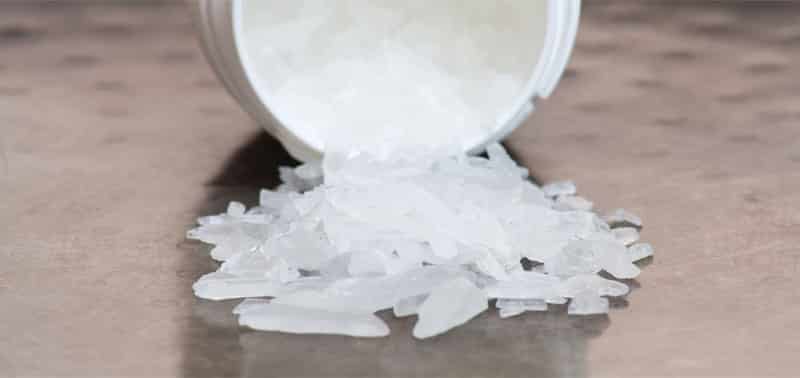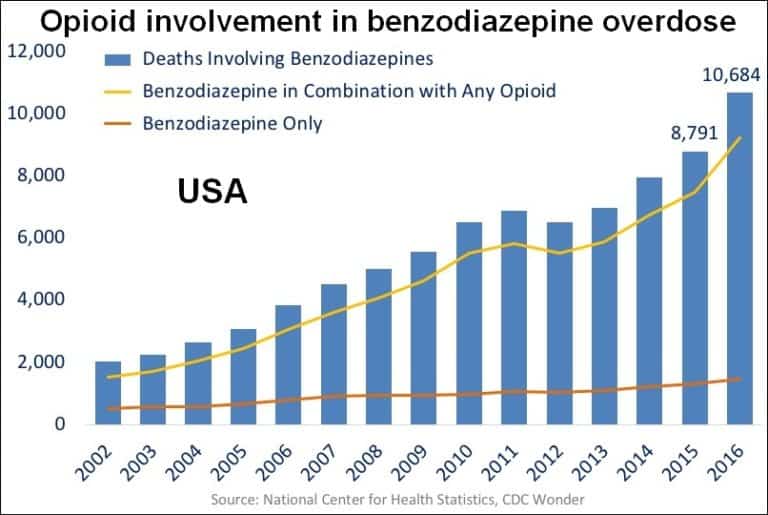The disease of addiction is difficult to recover from. Due to the many addictive substances that are regularly abused, many people struggle with this disease, and in many different forms. Fortunately, recovery from addiction is possible. Depending on the drug that had been abused, different treatments may be required.
What is Meth?
Meth, short for methamphetamine, is a potent stimulant and ranks within the top five most addictive, illicit drugs in the world. When used, meth produces a rush of euphoria, increased alertness, increased energy, and feelings of invincibility. Methamphetamine abuse has recently increased due to its affordability in comparison with other stimulants such as cocaine which is more expensive. According to the United States Drug Enforcement Administration, methamphetamine was the second-largest contributor to overdose deaths in the United States between May 2019 and May 2020. As a stimulant, meth increases heart rate and blood pressure to dangerous levels.
Signs of Meth Addiction
Methamphetamine has a profound impact on an individual’s life and health. These signs are unique to meth abuse. The following side effects are indicators that meth use has become an addiction.
Brain damage
As a stimulant, methamphetamine actively decreases the number of neurons, glial cells dopamine, serotonin, and white matter in the brain. Oftentimes, this loss is irreversible and the brain, along with the central nervous system, remain permanently altered. This shift in functioning can create psychological abnormalities such as psychosis, violence, and permanent impairment of cognitive functioning.
“Meth Mouth”
This term refers to the severe tooth decay and oral deterioration among methamphetamine users. The methamphetamine high can be long-lasting, resulting in large spans of time where oral health is neglected. As an acidic substance, methamphetamine simultaneously dries out the mouth, creating a breeding ground for germs and bacteria. Teeth grinding is a common side effect of meth usage which damages the already unhealthy teeth. These occurrences eventually lead to tooth breakage, gum disease, and decay.
Scarring
Scarring on the skin occurs as a result of the mild hallucinogenic properties of methamphetamine. While high on this drug, some users believe that they have bugs, or “meth mites” crawling on or underneath their skin. This leads them to pick or scratch the area repeatedly, resulting in scars or sores. Because methamphetamine debilitates the immune system, these scars take a long time to heal, if they do at all.
How to Recover from Meth Addiction
If an individual begins exhibiting signs of addiction, such as a desperate need to continue meth use, facial scarring, tooth decay, weight loss or extreme change in mood, professional treatment is crucial. In many cases, the first step in treating meth addiction is undergoing detox. Because of the health complications that may arise during the detox process, it is highly recommended that the individual seeks medical assistance during this stage. Clinically supervised detox can guarantee that the individual can be safe during the withdrawal process.
Once an individual has shed all residual traces of methamphetamine, it is important to seek additional care. Research has shown that behavioral therapies are very effective in treating addiction. Professional addiction therapists work with clients to develop healthy decision-making and coping skills to fight future temptations. Treatment within professional addiction treatment centers also reinforces sobriety by providing a support system among like-minded individuals.
Due to meth being highly addictive, addiction treatment within a qualified center increases the likelihood of maintaining sobriety significantly. Upon graduating from one of these programs, continued support within a 12-step group or aftercare program is very beneficial to maintaining life in recovery. These services help individuals gradually transition into independent, drug-free living.
We’re Here for You
Meth is a dangerous and highly addictive depressant that inflicts long-term damage on the body when abused. It is important to seek help immediately if you or a loved one is struggling with this addiction. At Asheville Recovery Center, treatment specialists have developed a unique, hybrid model of treatment which combines a traditional 12-step program with holistic rehabilitation. A multitude of services, programs, and therapies are offered, including the Partial Hospitalization Program, Residential-style treatment, outpatient rehabilitation, and more.
The founders of Asheville Recovery Center, as well as many of our addiction therapists, have struggled with addiction and now enjoy life in recovery. They understand the struggles of addiction and how difficult it is to overcome alone. If you feel that you or a loved one is struggling with substance abuse, our specialists are on standby and ready to help. Call (828)518-6996 and speak with an addiction expert today so you can take the first step towards a rewarding life of sobriety.







